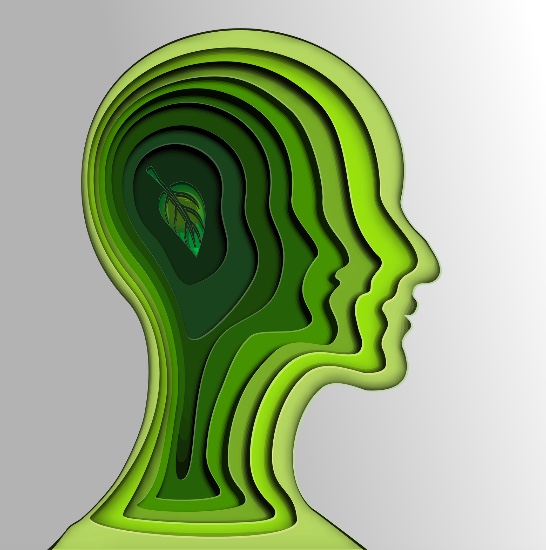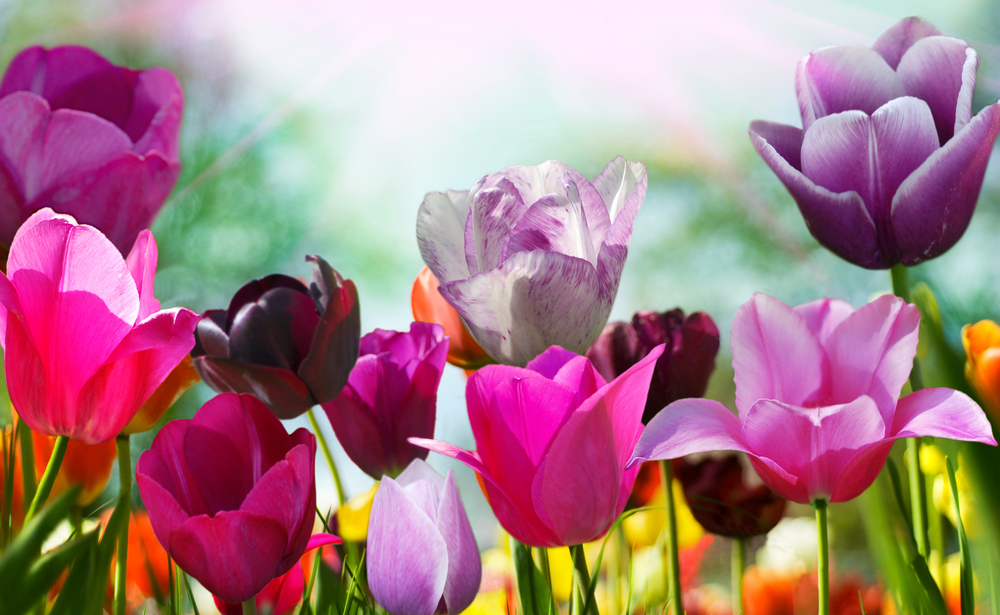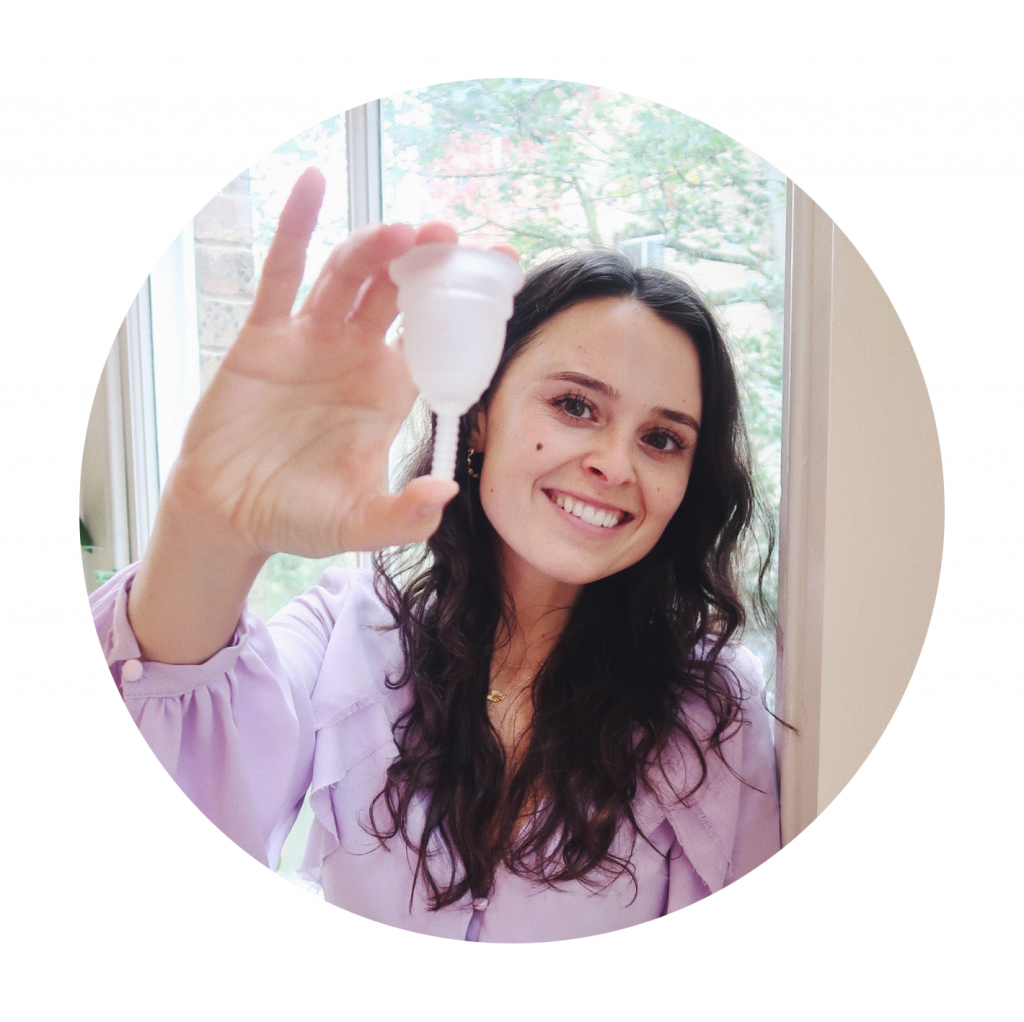We have long been huge fans of the eco-conscious household goods company If You Care, so it was an honour to feature them in our Spring 2020 issue. These environmental advocates have been flying the flag for sustainability since 1990. Read on to learn all about what they offer!
environmental awareness
March Vibes: Spring Forward With These Holistic Highlights
We March On: Hello, Positive Lifers! We hope you are staying well at this time. If you haven’t seen our Spring 2020 magazine, we highly recommend taking a look. Our main feature is an interview with the incredible Dr. Gabor Maté. We also featured some wise guidance on building up confidence from Judith McAdam, a look at how gentle playtime can help you connect with your kids, by our parenting expert Anna Cole, and an exclusive interview with Julia Cannon, daughter of the legendary mystic Dolores Cannon.
The Mooncup® is a reusable menstrual cup that offers a great way to reduce waste during the menstrual cycle. The company has also provided strong support to a range of charities, while also encouraging its fans to adopt more eco-conscious behaviours in many different areas of their lives. Read on to find out more about their philosophy!
In this extract from our Autumn 2018 issue, Davie Philip talks about how we can change our collective mindset to one of collaboration and openness.

Thinking Differently
“With our thoughts we make the world.” – Buddha
By Davie Philips
Change is constant. However, recently the pace seems to be accelerating. To cope with this, and to make the transition to a healthy society based on fairness, wellbeing and sustainability, we need to shift worldviews and open our minds and hearts to fresh ways of thinking. So what kind of thinking would enable us to flourish in uncertainty?
Currently, we are locked into an individualistic worldview where reductionist or mechanistic thinking dominates. This mindset breaks everything down into parts to be analysed and measured. By understanding the parts and how they function, we presume we can understand everything important there is to know about something. This reductionism is useful for understanding inanimate things, or simple systems like machines, but can be destructive when applied to living systems. It also tends to lead to a silo mentality, which is inward looking and resists sharing information and resources.
We justify our superiority over the environment when we think we are separate and with this worldview we create fragile, linear systems. Through the diversity and complexity of their webs of relationships, and by sharing resources across their boundaries, living systems increase wellbeing and resilience. Observing these patterns and principles of natural systems might provide us with vital insights into how to redesign our socioeconomic systems to be collaborative, regenerative and resilient.
So, how might we shift our thinking?
Our current way of thinking is rooted in the industrial revolution. This period of human development was dependent on a mechanistic worldview and has dominated and influenced our behaviour ever since. In integral philosophy, worldviews evolve by including and transcending preceding worldviews. So rather than an ecological mindset replacing a mechanistic one, instead it provides a different perspective and access to another type of knowledge with which to navigate the world.
We cannot make the transformation the world needs without making an inner transformation in our thinking. With an ecological worldview we think in terms of process, pattern, flow, connectedness, and relatedness. I believe that as we become more conscious we evolve to hold an ecological worldview. According to theologian Thomas Berry, we will then realize that we live in a world which is a “communion of subjects,” not just a “collection of objects.”
Davie Philip is a group facilitator and trainer who manages the Community Resilience programme at Cultivate. Davie is collecting stories of transformational community led projects: if you are involved in something in your area, do send him an e-mail.




